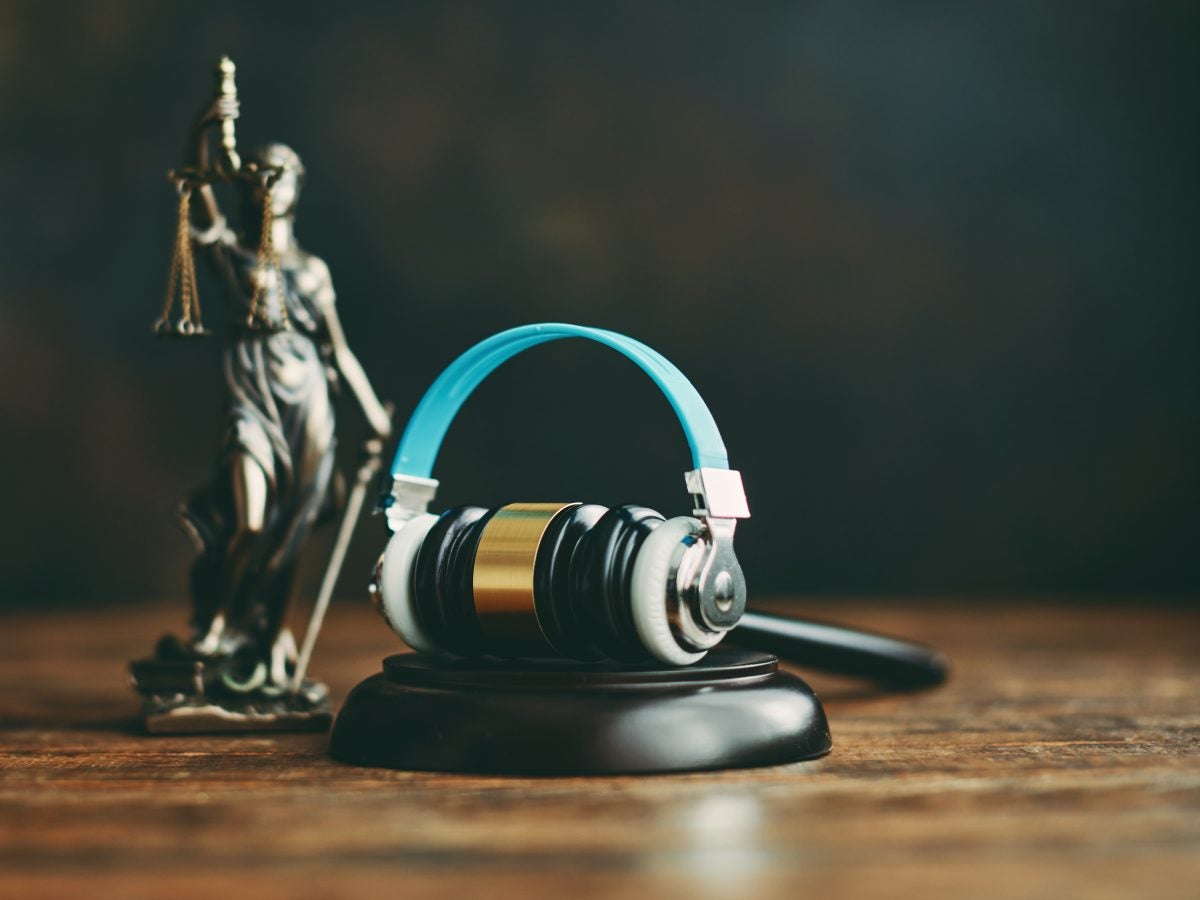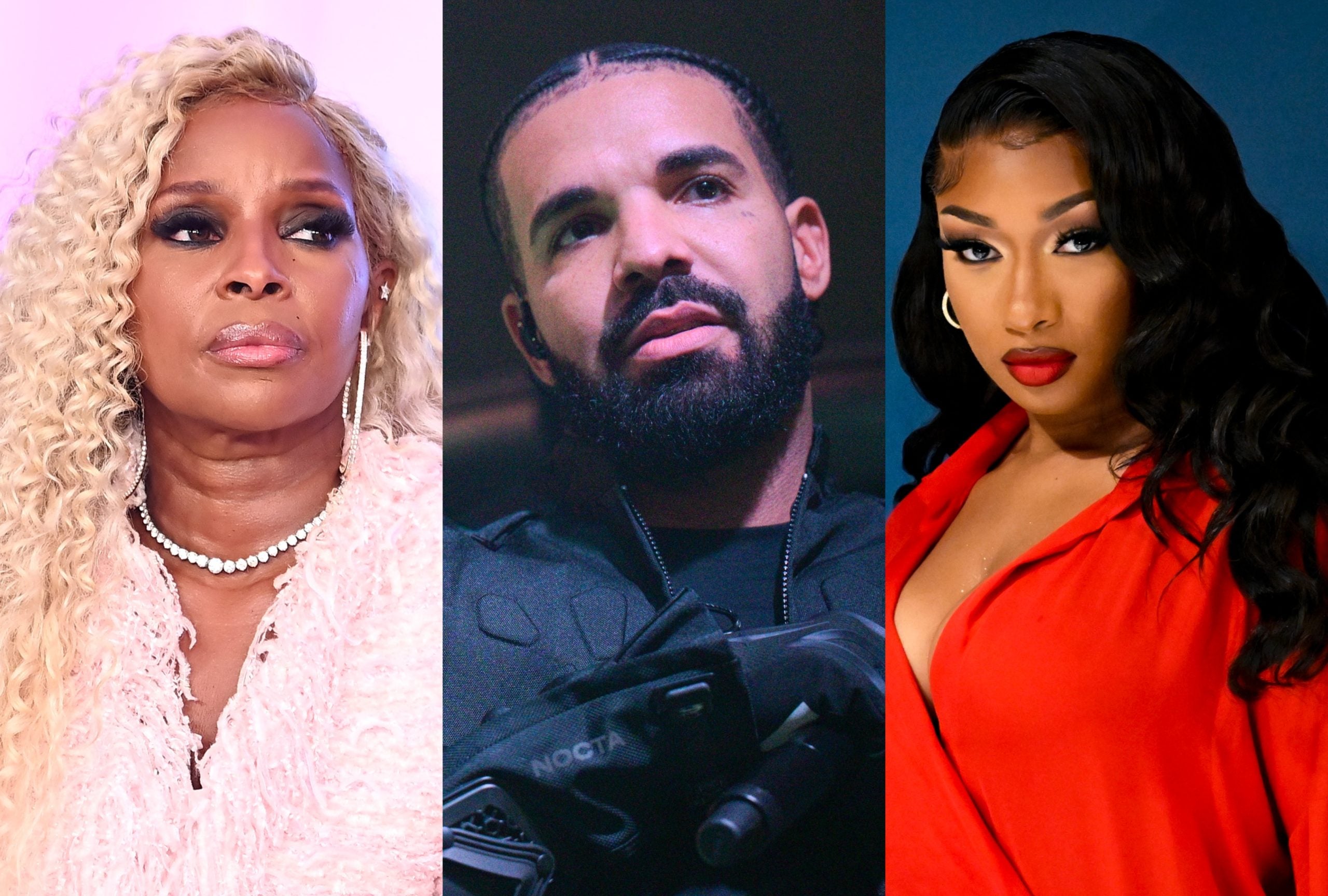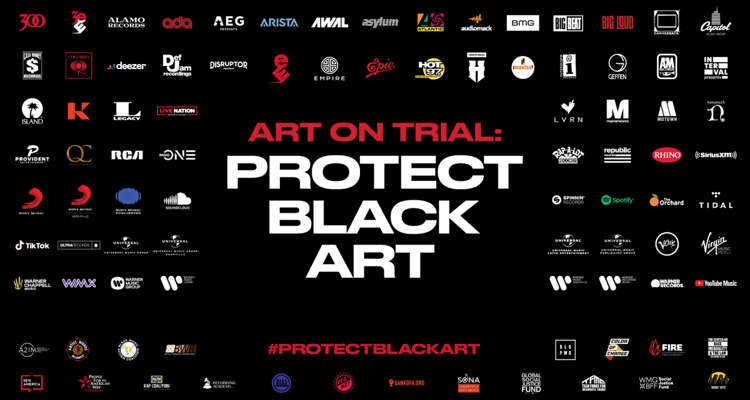
Music figures have bound together to join the effort to Protect Black Art and its creators from legal persecution.
Artists, labels, and music scholars joined forces to print an open letter petition to New York Times and the Atlanta Journal-Constitution, stressing the importance of lyrical expression in the Hip-Hop art form and urging legislators to limit how creativity can be used against artists in the court of law.
Recording artists like Mary J. Blige, Questlove, Drake, 2 Chainz, J. Cole, 21 Savage, 50 Cent, Alicia Keys, Megan Thee Stallion, Big Sean, Jeezy, Busta Rhymes, IDK, Travis Scott, D-Nice, DJ Drama, Ty Dolla $ign, Fat Joe, Future, Giveon, Jadakiss, Joey Bada$$, Meek Mill, Theo Croker, WILLOW, Yo Gotti, and more lent their signatures to the letter, highlighting the fact that lyrics that may describe violence or crime are most often a reflection of the artist’s lived experience and expression of their view of the world around them.

In addition to artists, labels like Warner Music Group, Sony Music Group, Universal Music Group, BMG, Quality Control and YouTube Music among others, and scholars from elite universities including Howard, Harvard, Columbia and Princeton signed on expressing their support as well.
“Rappers are storytellers, creating entire worlds populated with complex characters who can play both hero and villain,” the letter reads in part. “But more than any other art form, rap lyrics are essentially being used as confessions in an attempt to criminalize Black creativity and artistry.”
Citing the ongoing legal proceedings against rapper Young Thug (Jeff ery Lamar Williams) taking place in Fulton County Georgia, using lyrics recorded by the artist and his frequent collaborators as evidence that his Young Stoner Life (YSL) music label is a front for an organized criminal gang.

“The use of lyrics against artists in this way is un-American and simply wrong,” the letter continued. “Beyond the obvious disregard for free speech and creative expression protected by the First Amendment, this racially targeted practice punishes already marginalized communities and their stories of family, struggle, survival, and triumph.”
According to a report by Variety, experts have identified over 500 criminal cases that involve rap lyrics as evidence. This figure is not inclusive of juvenile cases, indictments, nor plea bargains, which account for the majority of outcomes in criminal cases.